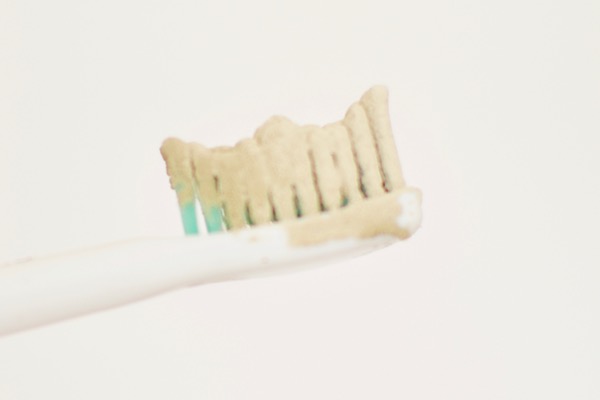Learn another language to keep your brain healthy!
Being bilingual is totally awesome! Not only can you express yourself in more than one way, but you’re always able to communicate with millions of people you would never otherwise be able to if you only spoke your native language.
There are many benefits to being bilingual, but did you know that speaking more than one language is able to help prevent serious neurological disorders such as Alzheimer’s?
Your Brain on Two Languages
A number of studies have been conducted on how learning more than one language can help to improve your brain health and stave off neurological conditions like Alzheimer’s. Ellen Bialystok, a Toronto-based professor of psychology at the York University, has led a team of researchers looking into bilingual people and their brain function, and found that even those who learn a new language later in life have improved brain health.
It’s those who learn a second language from a very early age that see the most benefits, but anyone who tries to learn a second or third language at any time in their lives will be able to benefit from being bilingual. The reason for the benefits is that those who are bilingual tend to have more flexible brains, capable of taking on a wider variety of information.

The Toronto psychology professor studied more than 450 patients suffering from Alzheimer’s. All of the patients suffered from the same level of impairment when they were diagnosed with the disorder, but only half of the patients were bilingual. The rest all only spoke one language.
Interestingly enough, bilingual people tended to be diagnosed with the disease more than four to five years AFTER monolingual people. That means that their ability to speak two languages helped to stave off the disorder for a number of years. While speaking more than one language won’t stop the disorder from setting in, it will act as a buffer to reduce the severity of symptoms and the progression of the disease.
Those who spoke more than one language were also better able to cope with the symptoms of Alzheimer’s, and the progression was slower as well. The bilingual brain, being more flexible, is accustomed to taking on new information, and thus the decline of brain function common with Alzheimer’s is much less.
READ MORE: How to Ask for Sex in Five Languages
How Much of a Language Do You Need to Learn?
To benefit from being bilingual, you don’t even have to speak a second or third language fluently!
According to a study done at the University of Maryland, just learning a new language is often enough to activate the brain and provide these health benefits. After all, you’re stretching your brain to learn new things, and that exercise is what keeps it young and alive. It doesn’t matter when you start to learn, or even how much of the language you learn. The important thing is that you should try to learn the language NOW in order to prevent brain decline as you age.
Here are a few tips to help you start learning a new language today:
- Visit a country where English isn’t the native language, and make it a point to learn some phrases and words.
- Take an online course.
- Buy yourself language-learning CDs and listen to them in your car.
- Start speaking that second language as soon as you start learning it. Nothing helps you to learn faster than speaking.
- Watch movies and TV shows with subtitles in the language you want to learn.
Do these things, and you’ll find it’s MUCH easier for you to learn a new language and keep your brain sharp!









This title should be changed from “Prevents” to “May Delay”. There is no known way to prevent Alzheimer’s – only hope that certain behaviors may delay it’s onset and slow it’s progression. Otherwise, I felt like this is a well written article that highlights the importance of keeping the brain active with things that are are more complex than simply playing cards or doing a crossword puzzle. Good job Andy and thanks for sharing.